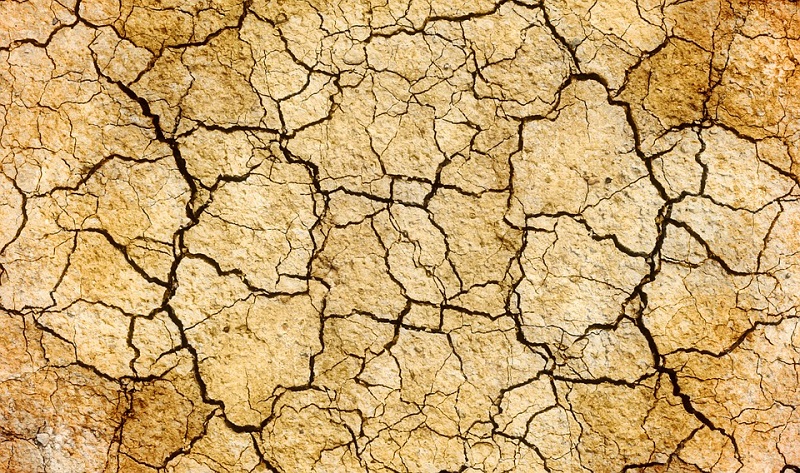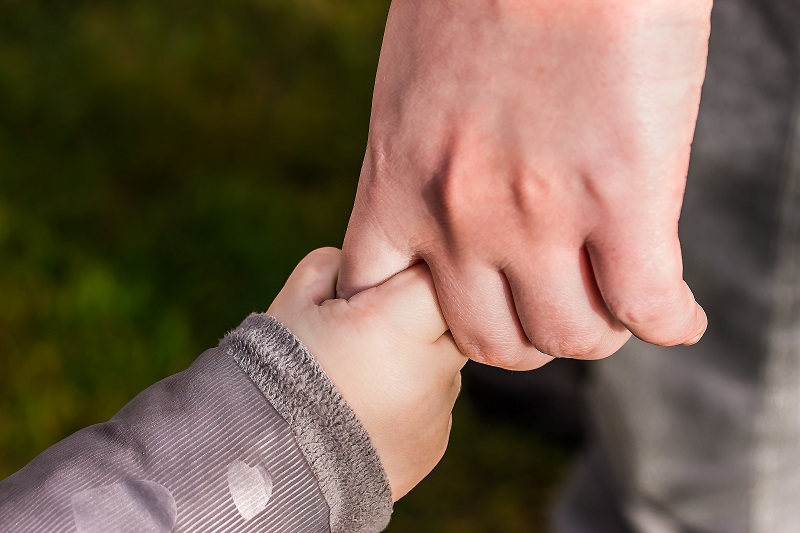What are the things that you should know about eczema?
- What is eczema?
- Eczema symptoms
- What causes eczema?
- How to cure eczema
- Other facts about eczema
- When to see a doctor
There are many diseases that need maintenance. Thankfully, there are a lot of treatments available almost everywhere you go, with medicine for diabetes and other long-term diseases easily accessible to the masses. While these diseases are not easy to live with, with the right knowledge about them, they can change from a severe illness to an annoyance at best.
One such disease is called eczema. Known for being one of the more common and irritating skin diseases, anyone is vulnerable to it. If you have eczema or at least think that you do, below are some of the things that you should know about this particular disease.
What is Eczema?
Eczema is a term for a group of health conditions that cause the skin to become inflamed or irritated. Among all these conditions, the most common type of it is known as atopic dermatitis. In most cases, atopic dermatitis and eczema are interchangeable due to the former being the most common of the health conditions.
There are, however, seven different types of eczema all in all. These are:
- Atopic dermatitis
- Contact dermatitis
- Neurodermatitis
- Dyshidrotic eczema
- Nummular eczema
- Seborrheic dermatitis
- Stasis dermatitis
While eczema is common in children, it can occur well into adulthood. Eczema is a chronic illness, meaning it is long-lasting and can even affect you your whole life. Not to worry though, as it does not always happen. Most times, it is dormant or inactive, with the occasional flare ups. When it does come back, it may be accompanied by asthma or hay fever.
While there is no cure for eczema at the moment, treatments and various skin care measures can be done to relieve itching and prevent outbreaks. We will discuss more about this later on.

Eczema symptoms
Eczema of all types has very similar symptoms. However, it also has a variety of symptoms and they differ from person to person.
Itching—the primary symptom of eczema. It won’t be a simple itch but rather a severe one, especially during night time.
Eczema most often first appears before 5 years of age and may continue into puberty, sometimes even into adulthood. For some people, it can go away for years before flaring up again.
Dry skin
Red to brownish-gray patches commonly found on the hands, feet, ankles, wrists, neck, chest, eyelids, the bends of elbows and knees, the face, and the scalp
Scaly skin
The known cause of eczema is only genetics, particularly related to a variation of your genes that affects the skin’s capability to provide protection against external elements. This makes the skin easily affected by environmental factors, irritants, and allergens.
One of its primary triggers is through allergens—for example, to some patients, food allergies are the most common reasons that their eczema is triggered.
What causes eczema?
The cause of eczema has not yet been fully determined or understood. It is generally believed to be triggered by an overactive immune system that responds aggressively when exposed to certain irritants or triggers.
Eczema can also sometimes be caused by an abnormal response to proteins that are naturally part of the body. Normally, the body just ignores these proteins that are part of the body and just attacks proteins of foreign bodies or intruders, such as viruses or bacteria.
For people with eczema, however, the immune system is unable to tell the difference between the two, which causes the inflammation and reaction.
An eczema flare-up is when one or more eczema symptoms appear on the skin. Common triggers of eczema flare-ups include:
- Chemicals found in cleaners and detergents that dry out the skin
- Rough scratchy material, like wool
- Synthetic fabrics
- Raised body temperature
- Sweating
- Temperature changes
- Sudden drop in humidity
- Stress
- Food allergies
- Animal dander
- Upper respiratory infections
Eczema treatments
There is no known cure for eczema as of the moment. That is why the goal of treatment for eczema is to relieve and prevent the itching that might lead to infections.
While there are treatment methods for eczema, there is currently no known cure for the disease. Some of the more common treatments include lotions and skin creams to keep the skin moist instead of dry and itchy.
Some products that can be bought in drugstores such as hydrocortisone 1% cream are often prescribed to lessen the inflammation. When worse comes to worst, however, and the area becomes infected, doctors can prescribe antibiotics to kill the infection-causing bacteria.
You may also use antihistamines to lessen severe itching. Tar treatments, phototherapy, and cyclosporine are other stronger treatments that are offered to people whose conditions aren’t getting better with the usual treatments.

How to cure eczema
While there is no known cure for eczema, there are ways you can prevent flare-ups from occurring.
- Moisturize your skin at least twice a day. Creams, ointments, and lotions lock in the moisture. Choose a product that is fragrance-free and apply it as soon as you step out of the shower (while your skin is still damp).
- Identify your triggers and avoid them if possible. Things that can cause flare-ups include sweat, stress, obesity, certain soaps, detergent, dust, and pollen. If you can, avoid exposing yourself to these.
- There are also certain types of food that can cause eczema, especially in young children. These include milk, shellfish, chicken, eggs, and nuts.
- Take shorter showers. Limit your showers to 10 to 15 minutes. Showers wash away your body’s natural oils and leave your skin dry. Use warm, not hot, water whenever you bathe.
- Only use gentle soaps. Choose soaps that are made for sensitive and dry skin. Avoid ones that have fragrance and alcohol in them as they can strip away your natural oils and dry your skin out even more.
Other Facts About Eczema
Eczema is a skin condition that has no cure but a lot of potential treatments—however, there are other notable pieces of information about the disease that can be of help in managing it.
- Eczema is hereditary
- The best way to prevent eczema is to consistently moisturize your skin! Moist skin prevents dry skin which is usually where the itches start
- Eczema is more frequently found in children but that doesn’t mean you can’t get it as an adult
Additionally, take note that treatments may or may not have side effects—so make sure that you’re fully knowledgeable with the treatment method that you are going to use before proceeding.
When to see a doctor
See a doctor if you or your child:
- Feel so uncomfortable that the eczema is disrupting your daily life or sleep
- Has a skin infection – this may look like red streaks, pus, yellow scabs
- Continues to experience flare-ups despite trying home remedies
Key Takeaway
Just like medicine for diabetes, treatments for eczema are now easily accessible to many people. If you ever find yourself having trouble with it or know someone who does, educate yourself or them properly about the disease so it can be properly dealt with.